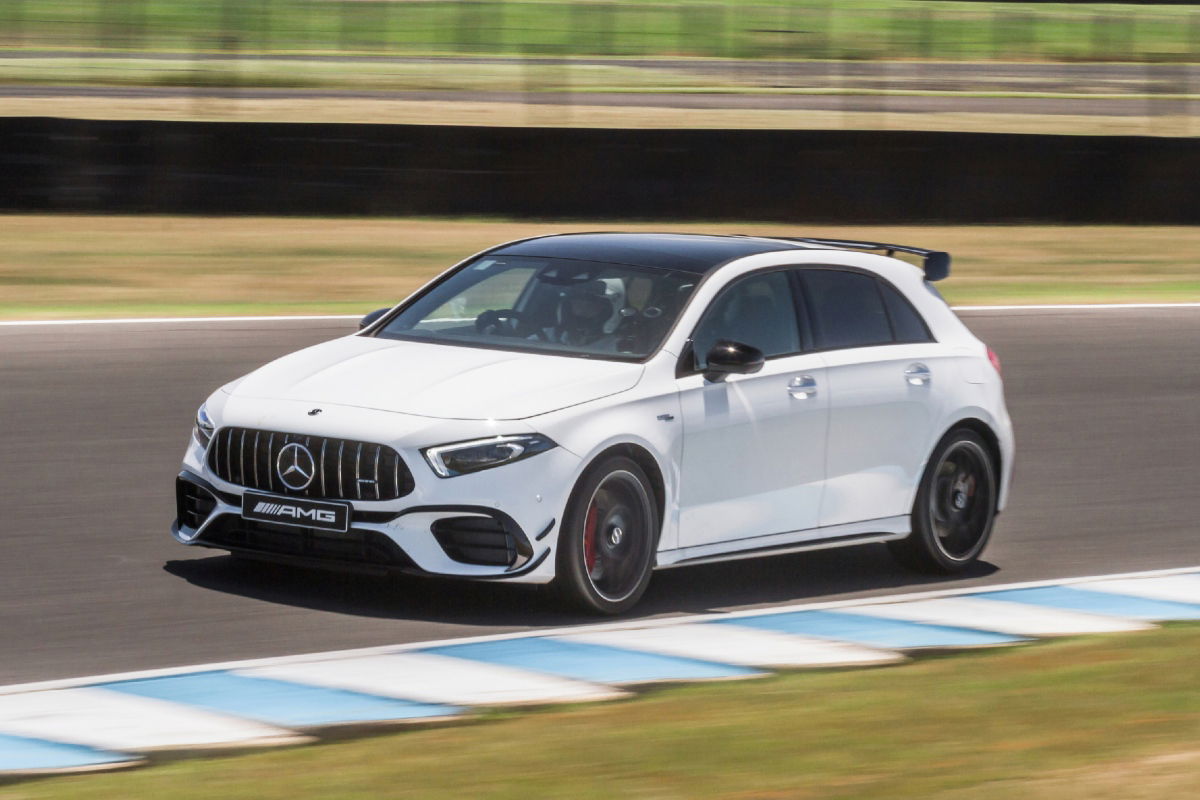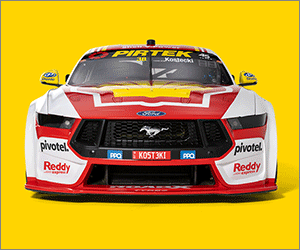In August, German publication Manager Magazin reported Mercedes-Benz could soon start using engines developed and produced by BMW, while sources told Autocar the brands were “already at [a] high level of planning and negotiations”.
Despite a widely-reported announcement timeline of 2026 set to be made for the potential partnership, ice-cold water has now been poured on any tie-up by none other than Mercedes-Benz chief technical officer, Markus Schäfer.
“There is no truth to this,” Schäfer told Motor1 at the IAA Mobility show in Munich.

“We have developed our own new family of modular engines – FAME (Family of Modular Engines) – which covers all displacements, and are already compliant with Euro 7, China 7, and US regulations.”
The previous reports suggested BMW would supply four-cylinder engines for future Mercedes-Benz plug-in hybrid models, such as the CLA, C-Class, GLC and even the long-rumoured ‘Baby G’ rugged SUV, among others.
Mercedes-Benz is no stranger to outsourced engines, with its current CLA powered by a Chinese-made ‘M252’, built by a joint venture between Geely and Renault (named Horse), but designed by the German firm.

They also suggested the BMW engine which could be employed is a derivative of the B48, which is not only mounted transversely but also longitudinally, providing Mercedes with more flexibility.
The German marque’s renewed interest in its range of engines comes after CEO Ola Källenius earlier this year said demand for petrol and diesel models is exceeding expectations.
“The electrified, high-tech combustion engines will run longer than we originally expected,” Källenius said, speaking of the Mercedes-Benz GLC.
“We have made this course correction. But we are also, quite literally, using electricity, not just gas.

“I believe the most rational approach in the current situation is for an established manufacturer to do both and not neglect one technology.”
In 2021, Mercedes-Benz targeted EVs – which included plug-in hybrids – to account for half of its global vehicle sales by 2025, however it delayed this to 2030 last year, with reports suggesting it was set to fall wide of the mark with only 20 per cent penetration in 2023.
Its original EV sales target announcement also included plans to only roll out zero tailpipe emissions models from 2025, which has also been delayed to an unknown date.












Discussion about this post